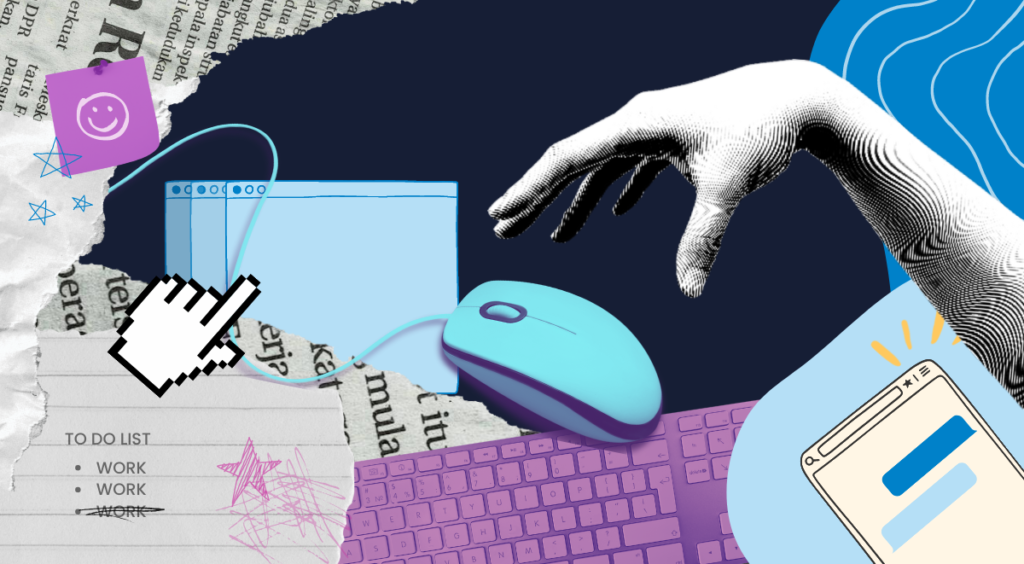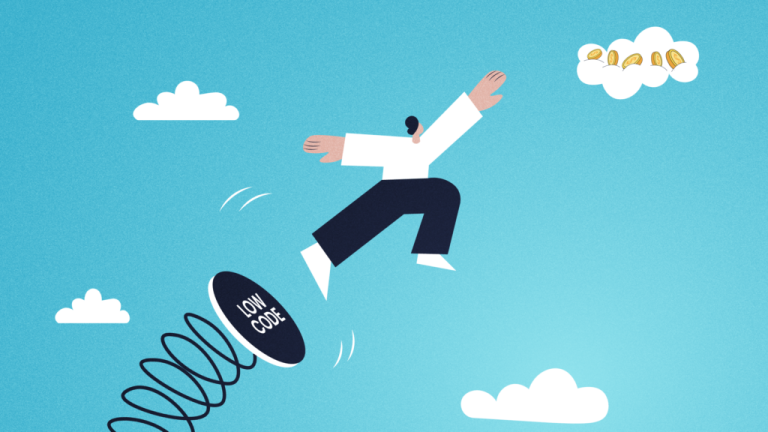If you’re anything like most professionals, your job takes up most of your time than anything else. “Work smarter not harder” is an ever-popular saying that has been used to describe more efficient means of work. But what does it really mean? More importantly, how can you achieve this skill and make the most out of your workday? While it may seem counterintuitive, with the right tips, you can learn how to work less for more. Read more to find out how.
1. Make a to-do list
As soon as you get to work, you may find yourself bombarded with requests and urgent tasks from the morning. On top of that, there are probably a million other things on your mind to distract you from getting any real work done. To-do lists are essential if you plan on beating work overload. But when you don’t use them effectively, your coworkers might think you’re unreliable. Needless to say, when we write things down, we create accountability for ourselves. This is why, before starting your day, take a few minutes to write down everything you need to do in one place so you don’t miss anything important. This way, you’ll have a clearer idea of what tasks need to be prioritized and the order you’ll do them in. Instead of piling up all your work responsibilities and losing focus on the important things, you’ll have a clearer idea of what tasks need to be completed with a to-do list.
2. Plan the next day in advance
This tip may seem obvious, but the majority skip it entirely. Knowing what’s coming up in advance helps us prioritize and plan our day better. When you set a specific time frame to work on certain tasks, you are more likely to commit to it, be productive, and complete them on time. Whether you use a notebook and pen, or an online calendar, make sure you get down any appointments or meetings you have throughout the day. This will help you prioritize and plan your day efficiently so that you can set more time on what matters the most to you.

3. Set and commit to a deadline
If you’re feeling overwhelmed with work, set a deadline to make sure the task is complete on time. Delaying tasks will only induce stress. Setting deadlines will give you a sense of urgency and prevent the risk of putting things off for too long or finishing everything all at once.

4. Take a break
Although taking short breaks may not sound as enticing as a holiday, research has found significant benefits. As work becomes more intense and demanding, burnout can be your brain’s way of saying it needs a break. Taking a break can simply mean eating a healthy meal to recharge your batteries, or going for a walk for a change of scenery. This way, you can return back to work fully refreshed and focused. In fact, studies have found that taking a break can make you more creative and help you complete tasks more accurately. When learning something new, it can also help you absorb new information much faster. Don’t let other responsibilities get in the way of recognizing when you should prioritize your well-being.

5. Overcome your procrastination
No one is born with self discipline. In fact, it’s a learned skill that takes years to master. The first step to adapting a new habit is understanding where you fall short. If you find yourself constantly putting things off until the last minute, take a moment to dig deeper. When you find yourself delaying tasks, you may want to ask yourself: what’s stopping me from starting this task? Is it a lack of understanding of the task? Is it the fear of failure? Although procrastination is commonly mistaken for laziness, this couldn’t be further from the truth. In actuality, it is a way of coping with difficult emotions triggered by certain tasks. For example, a fear of failure may cause you to postpone completing a task to avoid facing these negative emotions. Understanding and resolving these emotions first can bring you one step closer to overcoming the most stubborn types of procrastination.
We often think that hard work always has promising results. Although this may be true, it usually comes at the cost of your own well-being. With the right tips and tricks, you can make the most out of your workday without losing yourself. Not only does work become more enjoyable and fulfilling when you work smarter, but success becomes easier to achieve. This is why it’s important to form healthy habits and routines to help you make the most out of your workday.



















